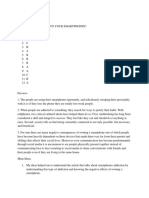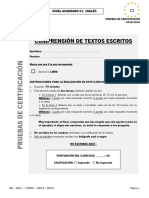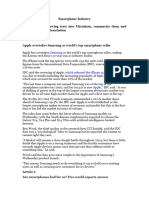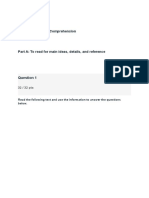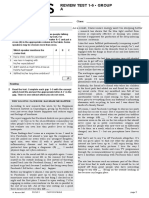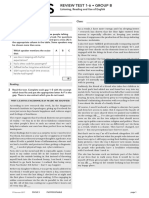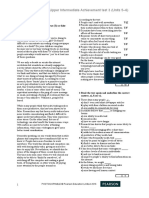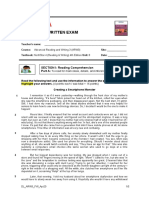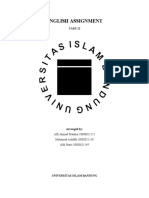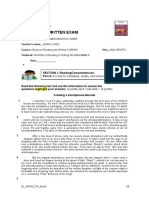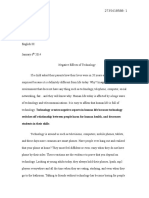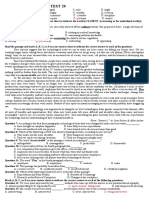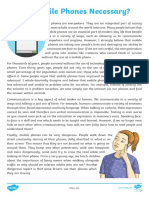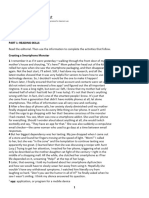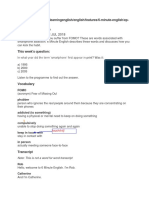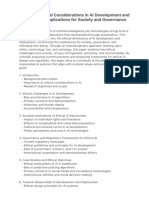0% found this document useful (0 votes)
228 views3 pagesMobile Phone Usage: Control and Impact
The document is a worksheet designed for C1 level students to explore their mobile phone usage through discussions and vocabulary exercises. It includes personal reflections from four individuals on their relationships with their phones, highlighting themes of control, dependency, and social interaction. The worksheet encourages critical thinking about technology's impact on daily life and personal responsibility.
Uploaded by
irouleguymaria3Copyright
© © All Rights Reserved
We take content rights seriously. If you suspect this is your content, claim it here.
Available Formats
Download as PDF, TXT or read online on Scribd
0% found this document useful (0 votes)
228 views3 pagesMobile Phone Usage: Control and Impact
The document is a worksheet designed for C1 level students to explore their mobile phone usage through discussions and vocabulary exercises. It includes personal reflections from four individuals on their relationships with their phones, highlighting themes of control, dependency, and social interaction. The worksheet encourages critical thinking about technology's impact on daily life and personal responsibility.
Uploaded by
irouleguymaria3Copyright
© © All Rights Reserved
We take content rights seriously. If you suspect this is your content, claim it here.
Available Formats
Download as PDF, TXT or read online on Scribd
/ 3



